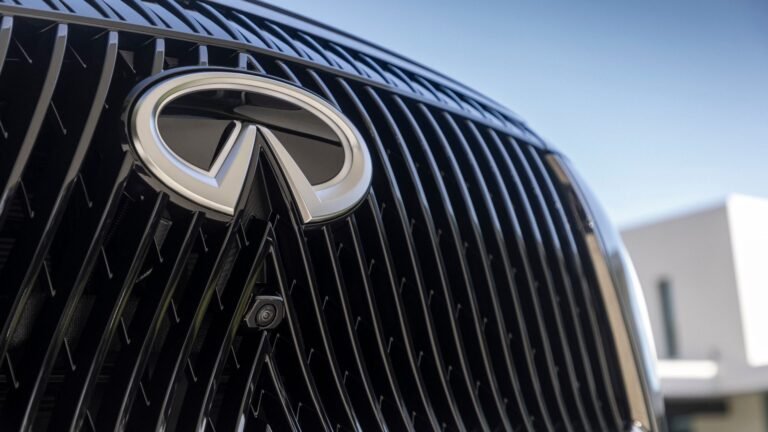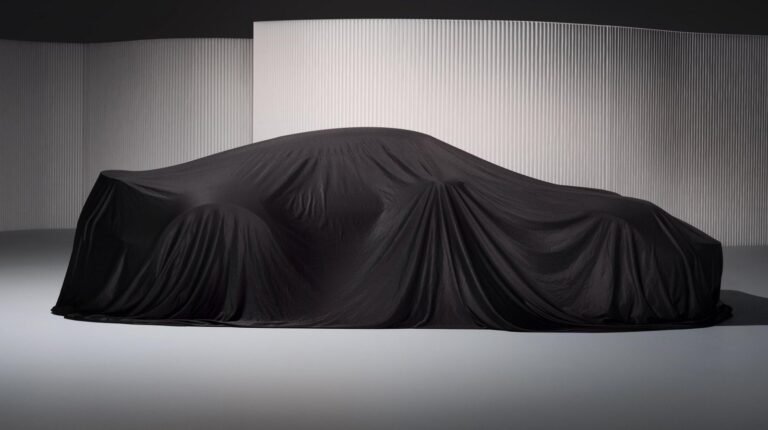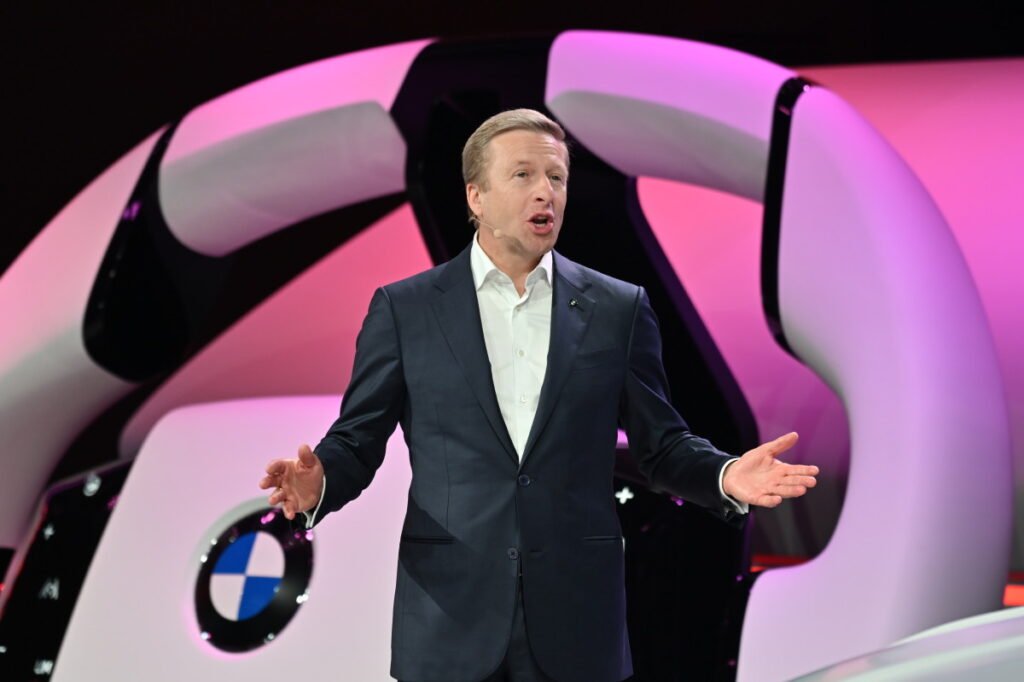
BMW CEO Oliver Zipse has doubled down on his criticism of the European Union’s plan to outlaw internal combustion engine cars by 2035, calling the move a “big mistake.” Speaking after BMW’s latest earnings report, Zipse argued that the ban focuses narrowly on tailpipe emissions while ignoring bigger-picture concerns such as the carbon footprint of battery production, the sourcing of raw materials, and the role of alternative fuels.
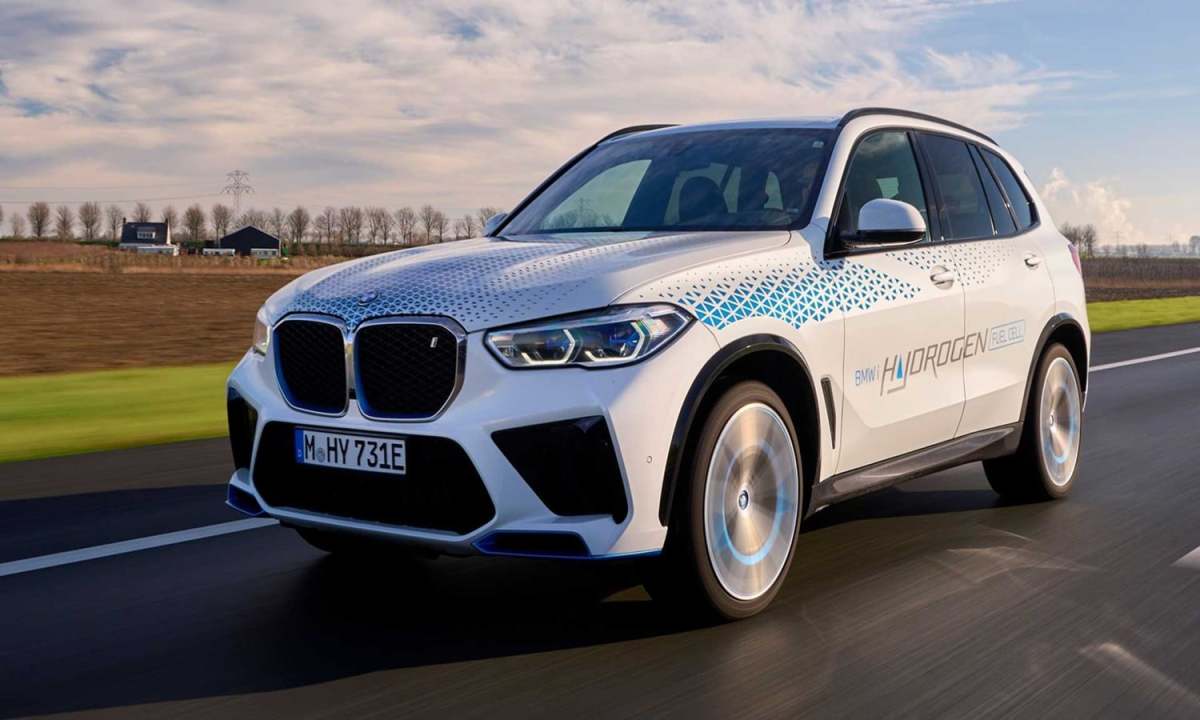
A Pragmatic Push Against Deadlines
For Zipse, the issue isn’t whether EVs should dominate the future, as it’s whether regulators should close the door on other options entirely. He says Europe risks tying itself to fragile supply chains and one technological pathway when solutions like hydrogen and synthetic e-fuels could deliver meaningful emissions reductions.
Related: BMW M Will Do Anything To Keep Straight-Sixes Singing And V8s Roaring
BMW is already proving its point by investing in multiple tracks: hydrogen-powered vehicles are on the roadmap, with BMW’s first hydrogen cars expected by 2028, developed in partnership with Toyota.
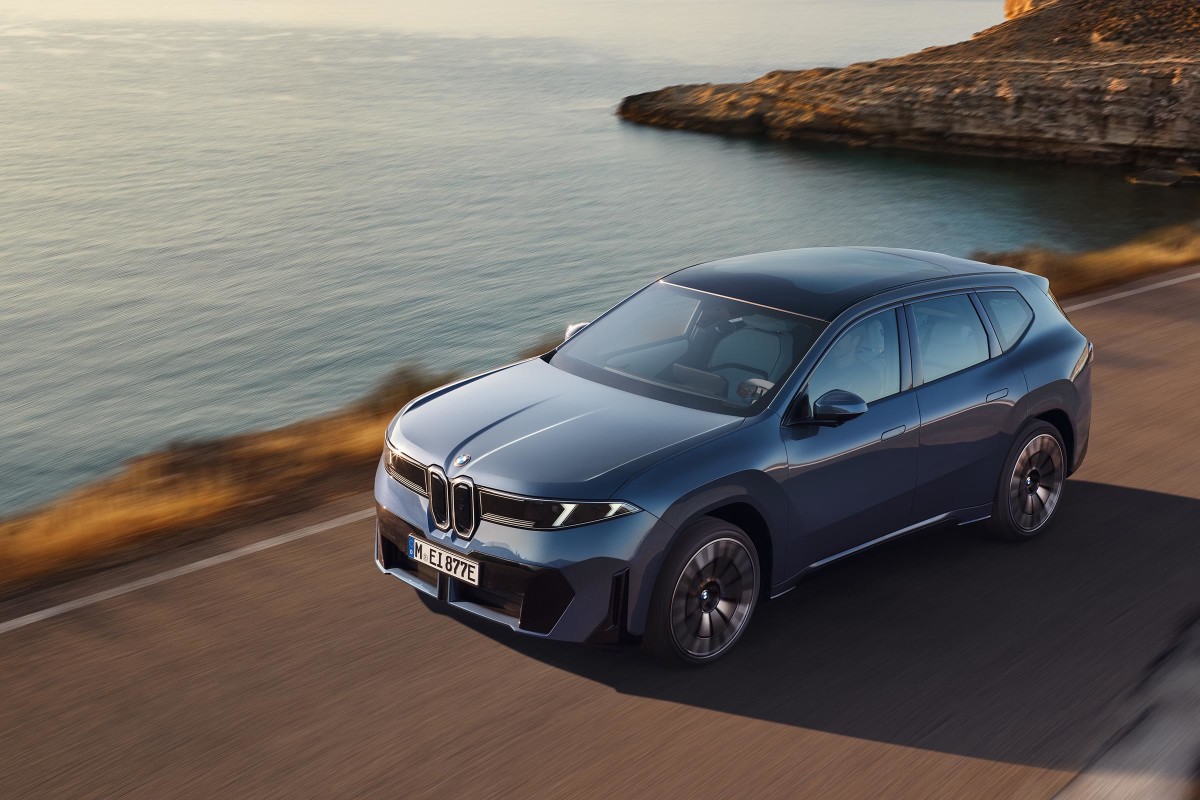
Strong Sales, Balanced Strategy
Zipse’s skepticism comes at a moment of strength. BMW is on pace to surpass 2.5 million sales in 2025, with volumes already rising in Europe and Asia despite tariffs and fierce competition from Chinese brands. That resilience is tied to BMW’s multi-pronged approach: hybrids, EVs, and combustion engines still share the portfolio. Just last week, BMW marked a milestone with its 3 millionth electrified vehicle sold, split evenly between hybrids and EVs—a sign the company’s measured transition is working.
Meanwhile, BMW’s next wave of electrification is already in motion. The brand’s bread-and-butter SUV lineup will soon include the 2026 BMW iX3, a fully electric replacement for the popular X3. Munich is betting that customer choice, not government mandates, will drive demand for EVs at scale.
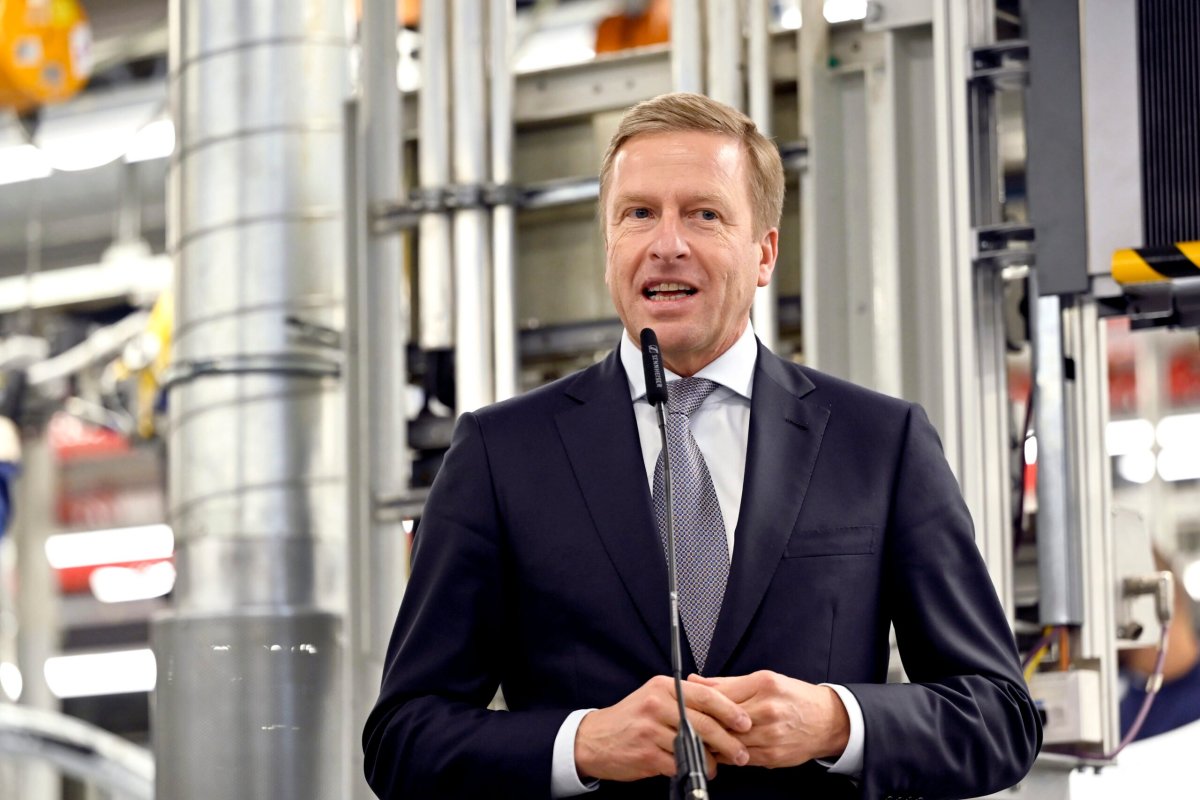
Why This Matters
Zipse’s blunt assessment of the EU’s policy cuts to the heart of a bigger debate: should governments dictate technology, or simply set emissions goals and let automakers find the best way to get there? By keeping combustion, hybrid, hydrogen, and EV technologies alive, BMW is hedging against uncertainty while giving customers options.
That flexibility, Zipse argues, is what keeps BMW profitable even as other automakers stumble under the weight of an EV-only strategy.
My Final Word
Calling the EU’s 2035 ban a “big mistake” is a reflection of BMW’s long-term philosophy. As sales climb and the company’s electrification push gains momentum, Zipse is showing that success doesn’t always come from betting the house on one future.
For BMW, keeping multiple doors open may be the most pragmatic way to navigate a turbulent industry.

